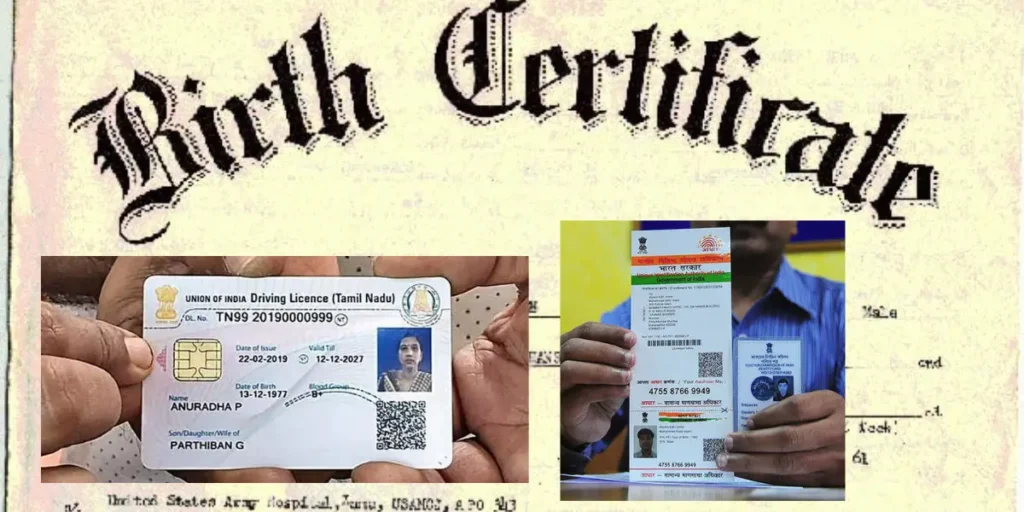The Union Ministry of Home Affairs recently announced a significant update in a notification released on Wednesday. According to this announcement, starting from October 1, a new law will take effect. This law aims to establish a nationwide and state-level record of registered births and deaths. The primary goal is to improve the efficiency and transparency of public services and social benefits by implementing digital registration.

–
The Registration of Births and Deaths (Amendment) Act, 2023, is scheduled to become effective on October 1st. This amendment is quite significant because it permits the use of a birth certificate for multiple purposes.
These purposes include things like getting admitted to educational institutions, getting a driver’s license, being included in the voter list, registering for an Aadhaar number, documenting marriages, securing government job positions, and other uses determined by the central government. This change simplifies various official processes by allowing a single document, the birth certificate, to serve many different needs.
The main objective of the Act is to create a thorough nationwide and state-level record of registered births and deaths. This initiative is designed to enhance the effectiveness and openness of public services and the distribution of social benefits, all made possible through digital registration.
The Union Ministry of Home Affairs shared this news through a notification released on Wednesday. In that notification, it was mentioned, “In accordance with the authority granted by sub-section (2) of section 1 of the Registration of Births and Deaths (Amendment) Act, 2023 (20 of 2023), the Central Government has decided to implement the provisions of this Act starting from October 1, 2023.”
The initiative to amend the 1969 Act was spearheaded by Union Minister of State for Home, Nityanand Rai. During the Monsoon Session, both the Rajya Sabha and Lok Sabha approved the Registration of Births and Deaths (Amendment) Bill 2023. The Rajya Sabha gave its consent through a voice vote, while the Lok Sabha passed it on 1st August.
According to this Act, the Registrar General of India has the authority to maintain a nationwide record of registered births and deaths. Chief Registrars, who are chosen by the states, along with Registrars appointed for local areas, are responsible for sending birth and death information to this national database. Additionally, each state is obligated to uphold a comparable database at the state level.
In the past, specific individuals were responsible for reporting births and deaths to the Registrar. However, with the new Act in place, there are some changes. For instance, when it comes to births, the Act now requires certain individuals to provide not only the birth information but also the Aadhaar numbers of the parents and the person providing the information.
This rule also applies to the jailor in cases of births in prisons and the manager of a hotel or lodge when births occur in those places.
Furthermore, the Act broadens the category of designated individuals to encompass adoptive parents for non-institutional adoptions, biological parents in the context of births through surrogacy, and the single parent or unwed mother in the case of a child’s birth.
| Also Read: |
|---|
| Child (Rape) Sexual Abuse Cases Increasing in Kerala |
| In 2yrs, 90L tonnes of garbage will be processed by MCD at landfills |
The recent law specifies that the national database can be shared with other authorities that are in charge of maintaining various databases, including population registers, electoral rolls, ration card records, and other national databases as notified. However, any utilization of this national database must be authorized by the central government.
Likewise, state databases can be shared with authorities responsible for overseeing other state-level databases, provided that the respective state governments grant their approval for such sharing.
The Act also puts in place a way for individuals to challenge any action or order issued by the Registrar or District Registrar. People can file these appeals within 30 days of getting the action or order. The District Registrar or Chief Registrar must make their decision within 90 days of receiving the appeal.